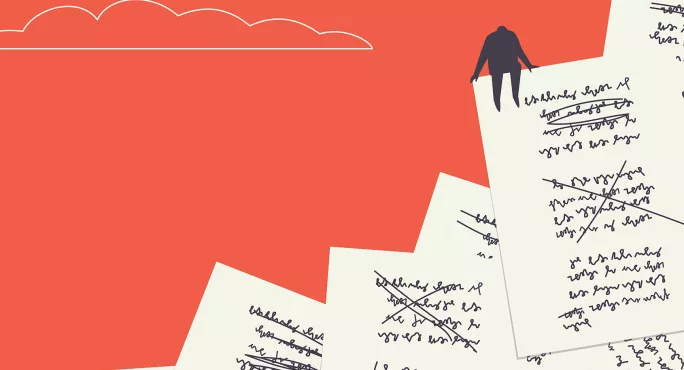How to write the perfect teacher cover letter
Share
How to write the perfect teacher cover letter
The standard time-honoured way of applying for a teaching job is two-fold. First is the application form, which is full of facts and figures: contact details, a list of educational achievements, employment history and any training relevant to the job.
The second element is a cover letter, in which you have to provide a brief explanation about why you’re applying for this particular role, why you’d like to work at that particular school, and why you are someone a headteacher should be keen to meet and hear more from at interview.
The key word in that last sentence is “particular”. Headteachers can smell a generic, recycled letter a mile off. We know the “search and replace” function exists but you need to do more than update the name of the school from your last application if you really want to stand out from the crowd.
Styling your cover letter
So, how should you go about constructing your cover letter? Before you start (and unless you’re instructed differently in the recruitment pack) set the font size to 11 and ensure your letter runs to no more than two sides.
Don’t alienate your audience by writing a lengthy essay, especially if it requires a magnifying glass to read.
In terms of the letter itself, I would start by addressing the headteacher by name. It feels more personal and means you’ve done basic research about the school.
- Resignation: How to get your resignation letter right
- Application: How to write the perfect CV
- Interview: What to expect from a teaching interview
Tell me why
The first paragraph is key - it either piques my interest and makes me want to find out more about you, or it falls into the “meh” category. In a few sentences, tell me why this job is so attractive to you, both in terms of role and context.
Below is a good example of a clear, enthusiastic and engaging introduction:
I am delighted to be applying for the role of mathematics teacher at Heworth Grange because I have a love of my subject that I enthusiastically spread to all the students I work with. Teaching children of all abilities in a school that serves a challenging area has always appealed to me because I feel compelled to make a difference to the life chances of young people.
Skills and knowledge
The rest of your cover letter should then address some of the essential criteria that will be in the person specification for the job - the list of knowledge, skills and experience that the school is looking for in their ideal candidate.
Much of this will be covered by your application form but the things that aren’t (and especially those identified as being “essential”) should be addressed in your letter as far as possible.
What’s vital is that you don’t just say you meet a criterion but give an example of how you have met it.
For example, if knowledge of phonics teaching is an essential requirement for the post, don’t just say “I know about phonics”. Rather, “I gained experience in teaching phonics during my long placement in Year 1, where I worked with small groups of children prior to the screening check.”
Do your research
Every school is different and you need to do a little research into the school you’re applying to in order to have confidence that it aligns with your values and is somewhere you’d like to work.
Furthermore, make sure that somewhere in your cover letter, you explain why you’re applying to that particular school. What about the school makes you want to apply? What value could you add?
For example, if you spot on the school’s website that educational trips are a big focus, then something like the following would be a great way to show you’ve done that research and want to contribute:
“I think that the school’s dedication to ensuring all students have at least one educational visit per year can inspire children and is something I would be very interested in supporting.”
Signing off your cover letter
Use the last paragraph to round things off - reiterate why you’re a worthy candidate who deserves to be invited for an interview so you can demonstrate your skills and let your personality shine.
Finally, as all good English teachers will tell you, because you’ve started the letter with a personal salutation, end it with “Yours sincerely”.
Neil Rodgers is a headteacher at Heworth Grange School in Gateshead, part of Consilium Academies
For the latest education news and analysis delivered every weekday morning, sign up for the Tes Daily newsletter





